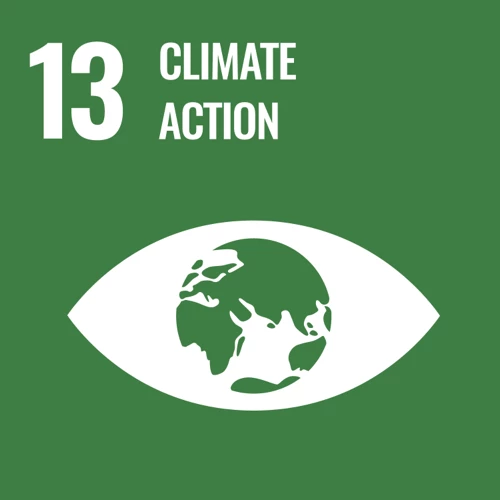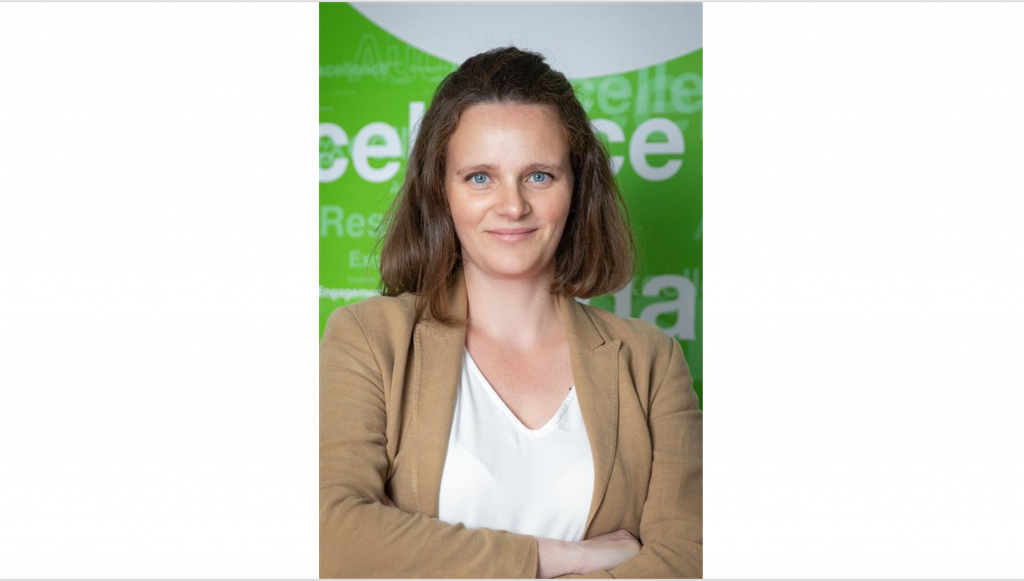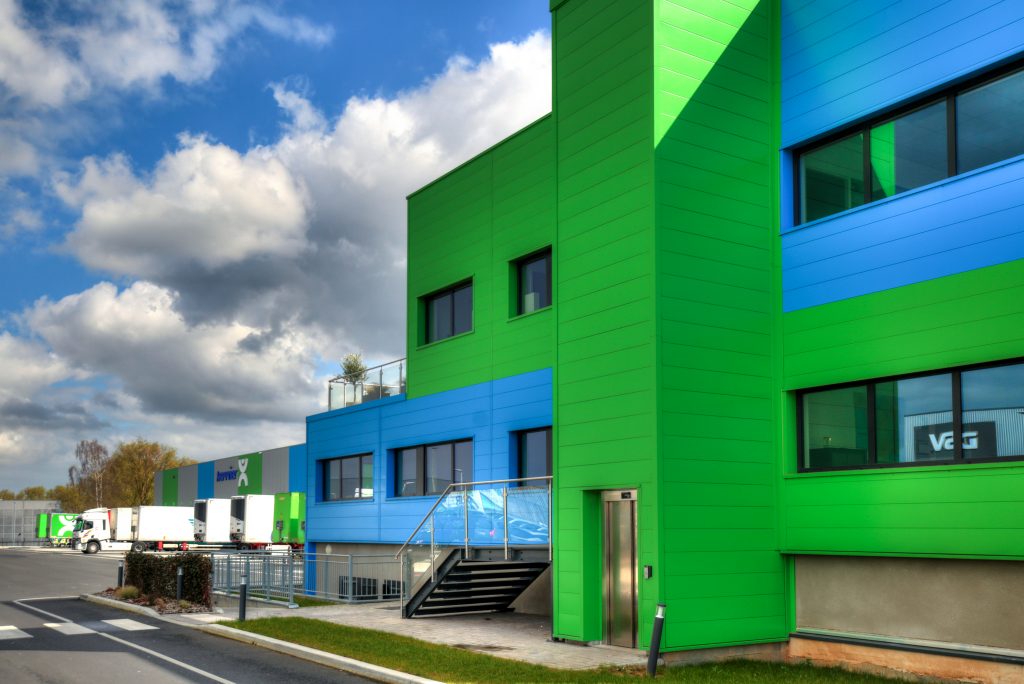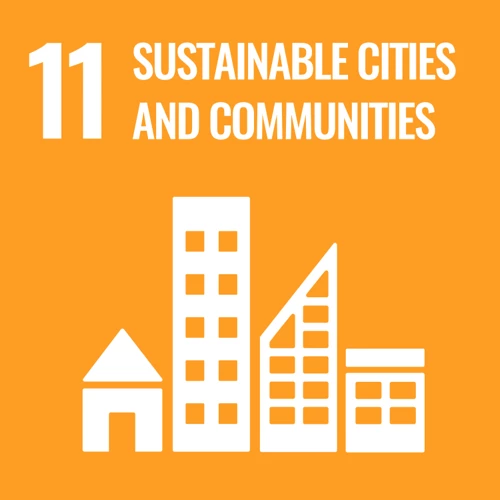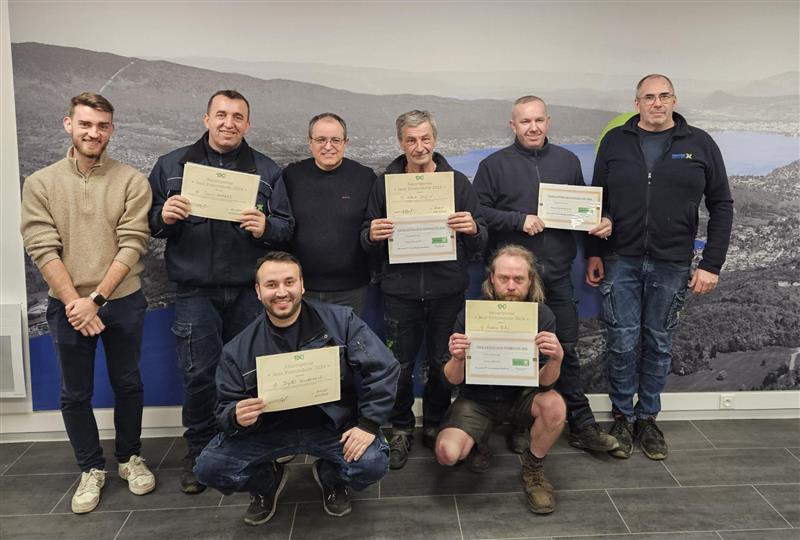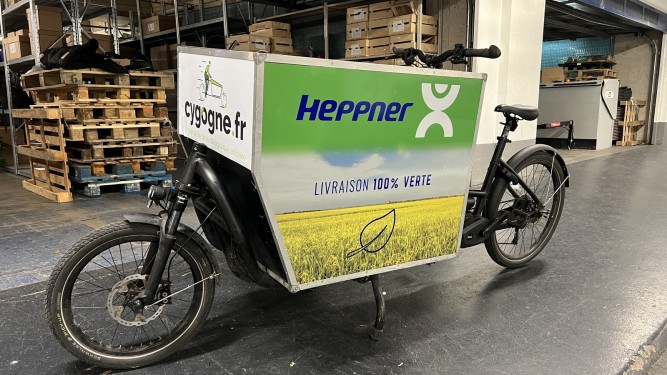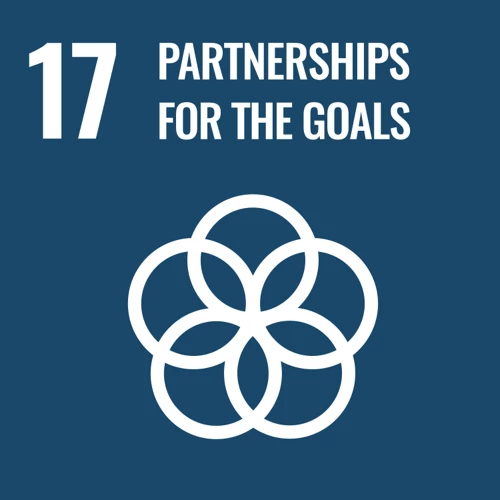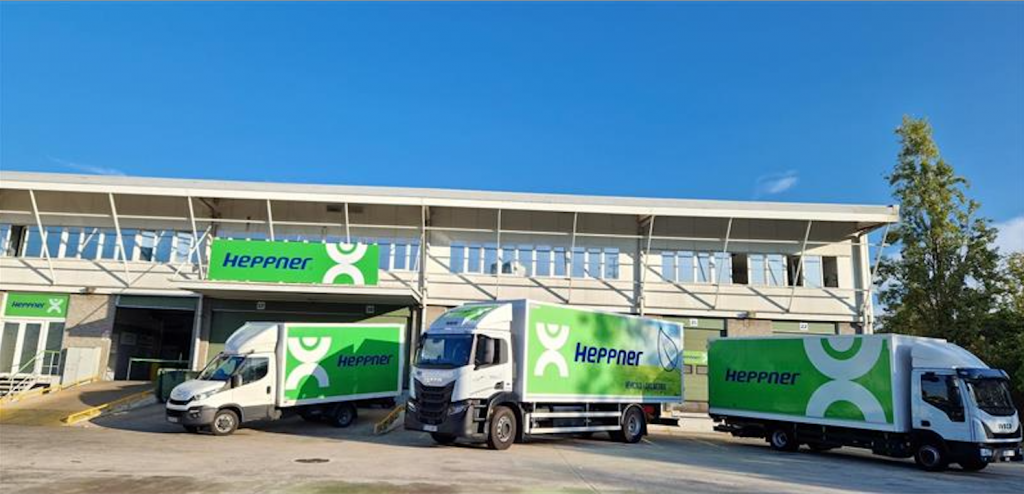Rail-road or river-road: combining to decarbonise
Given the high volumes that a single train or ship can carry, in addition to relieving road congestion and lowering accident rates, rail or river freight represents an alternative to the shortage of driving personnel, and the CO2 emissions are considerably lower. In fact, multimodal transport enables us to decarbonise 95% of our transport compared to
road.
Heppner is working to develop piggyback (rail-road) and barge solutions
Whether at the request of its customers or on its own initiative, Heppner looks for less carbon-intensive routes adapted to the geographical location of the departure and arrival points. This expertise is being developed in cooperation with the Group’s various branches, driving experience-sharing and skill development on these issues. More sustainable, these modal shifts have the added advantage of being less expensive, albeit at the cost of longer delivery times.
The main routes on which the Group uses modal shift are:
– Alsace <> Belgium <> Netherlands (30%)
– Germany <> Netherlands (18%)
– Germany <> Slovakia (12%)
– Southern France <> Lyon <> Northern France (13%)
62% of flows originate and/or terminate outside of France
70% of flows are organised by the Overseas BU
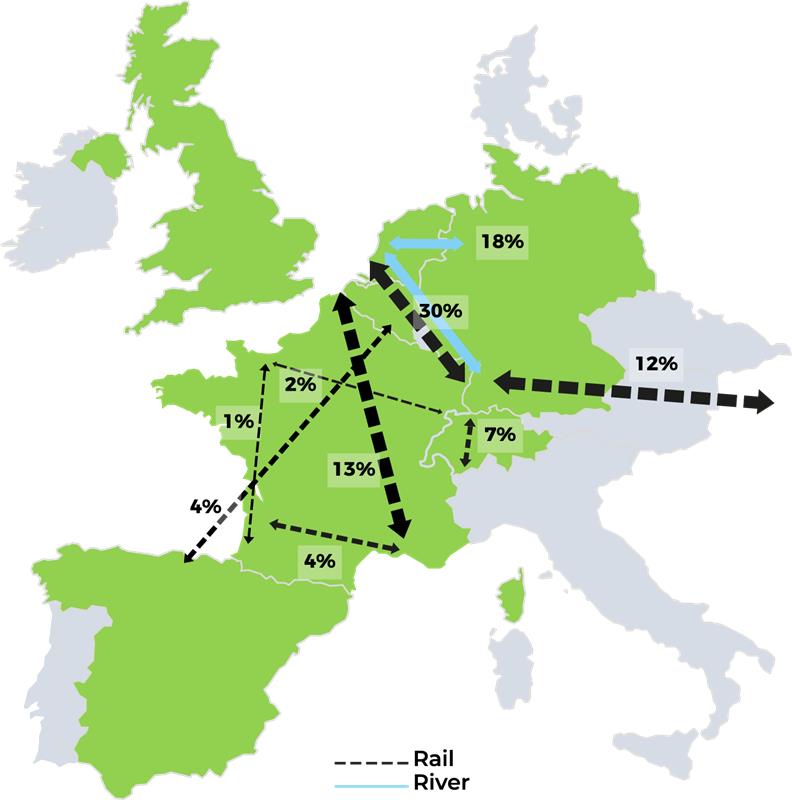
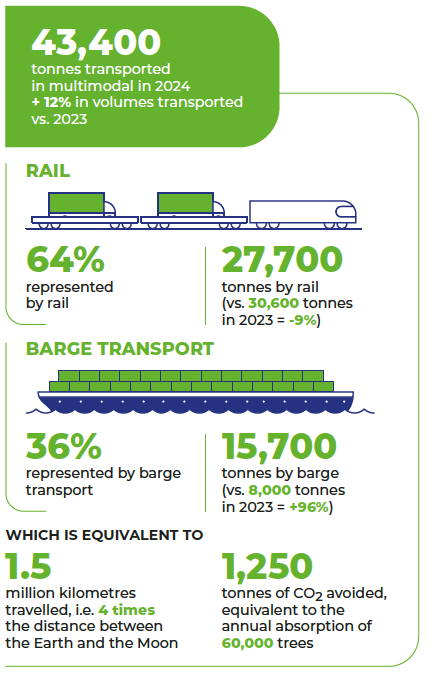
Heppner x GNTC: studying the development potential of multimodal transport
Heppner is taking part in the REMO study, funded by the ADEME, to assess its potential for increasing rail and river transport by analysing its regular long-distance flows. The preliminary conclusions are expected in 2025.

